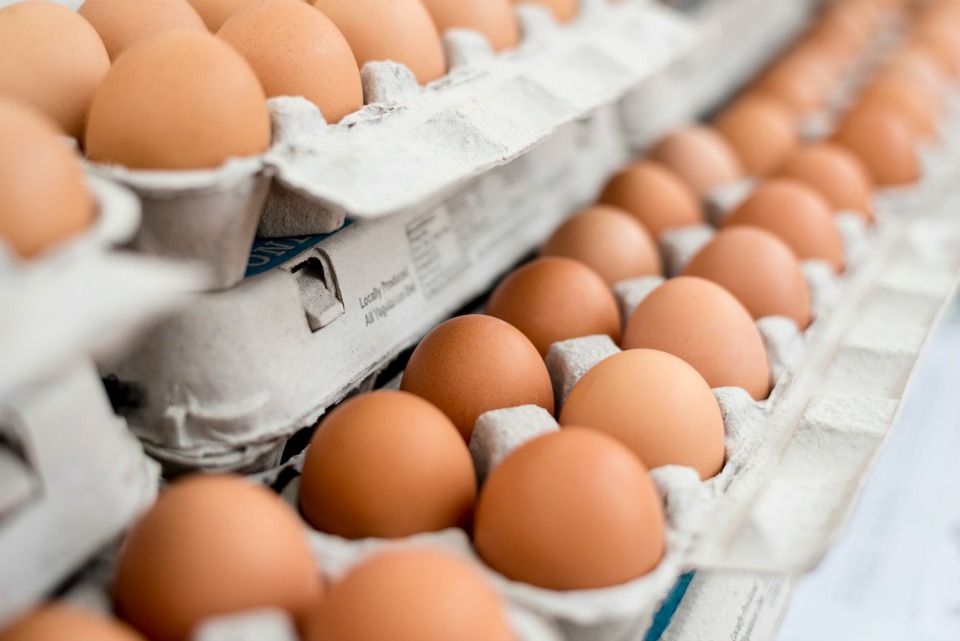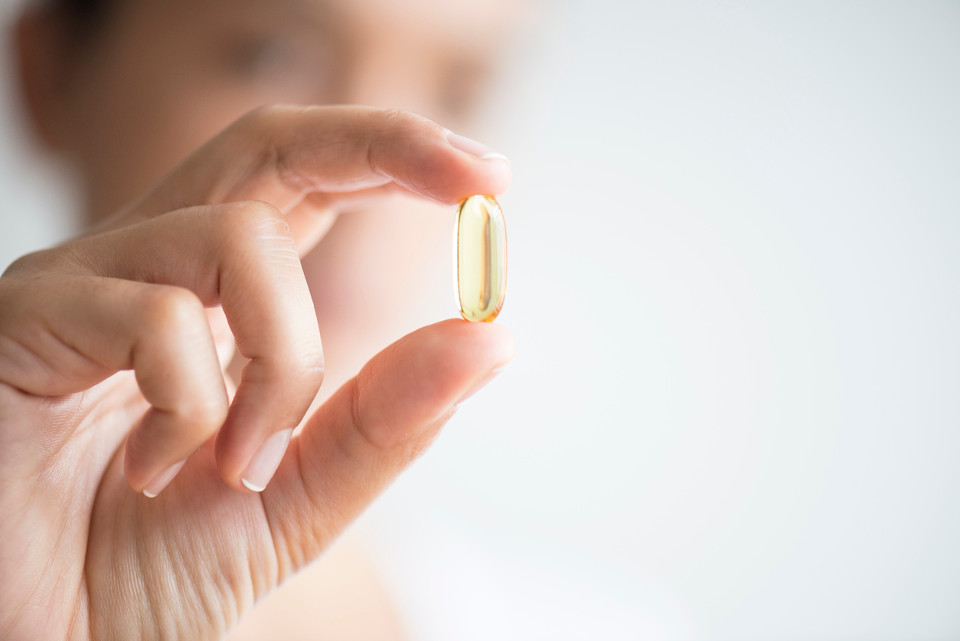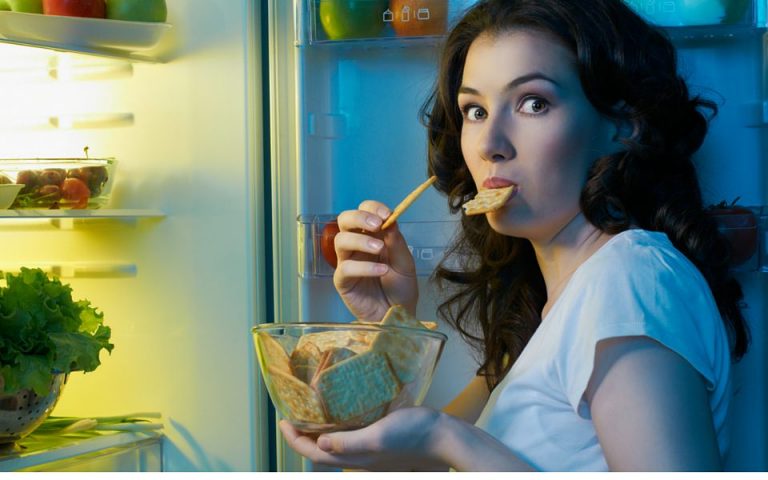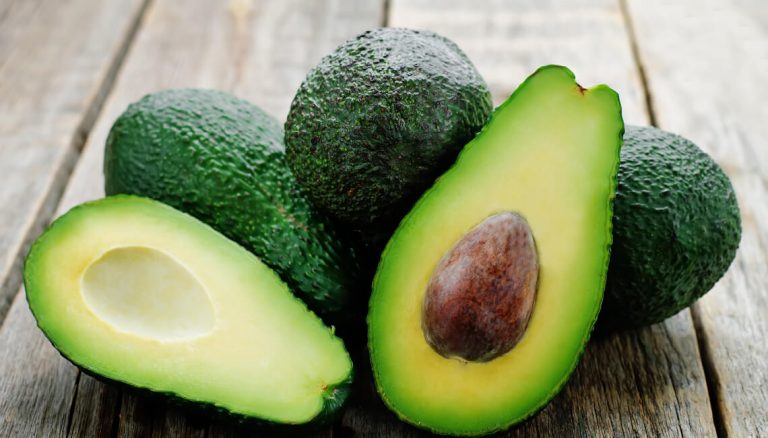I don’t like fish, how can I get enough Omega 3?
I hear this question often as a nutritionist. I adore fish, but many people do not. Often when you think of the essential fatty acid Omega 3, we think solely of fish as a source. But there are other sources of Omega 3 fatty acids which are great to include in your pregnancy or breastfeeding diet.

Why Are Omega 3 Fatty Acids Important To Consume?
- Omega 3 fatty acids are great for reducing inflammation in the body.
- They are also great for cardiovascular health as Omega 3s can reduce the risk of heart disease by contributing to the reduction in bad cholesterol and improving the levels of good cholesterol. This change in cholesterol balance can also reduce the affect or prevent the development of atherosclerosis.
- Fish oil is also beneficial in the reduction of your blood pressure.
- If you are pregnant or breastfeeding, Omega 3 fatty acids are important in the development of the cardiovascular and nervous system; specifically the brain and eyes.
How Do We Get Our Daily Dose Of Omega 3 Fatty Acids?
Ensure you get enough Omega 3 fatty acids through your diet. Below are some foods rich in Omega 3s.
1. Flaxseeds
Each tablespoon of ground flaxseed contains about 1.8 grams of plant omega-3s. Flaxseed is the richest source of ALA and you can meet your Omega-3 needs with 2 tablespoons of ground flaxseed each day. Flaxseeds are also high in soluble and insoluble fibre.
Some ways to incorporate flaxseeds into your diet is by adding it to your baked foods, either cakes or breads. Grinding it down and adding it to your yoghurt or over cereal. Even adding it to a Healthy Mummy Smoothie. You can also purchase flaxseed oil which is another way to consume it.
2. Chia seeds
We have talked about chia seeds before, but it is important to include them in this list as they are incredibly high in Omega 3s. They have around EIGHT TIMES the amount then salmon has. They are also nutritionally blessed with being a source of calcium, potassium, vitamin C, protein and a good source of iron.
Of course you are not going to eat 100 grams in one sitting but similarly to flaxseeds you can easily add them to your diet through baked goods or sprinkling them in or on snacks.
Like flaxseed too, chia is a good egg replacement in baked goods. Specifically for chia seeds, when water is added it gels and acts as a binder (like eggs).

3. Enriched eggs
You might notice that quite a few eggs in the supermarket are enriched with Omega 3 fatty acids these days. This is because flaxseed or even algae has been added to the chicken’s diet.
These special eggs contain around 60-150 mg of Omega 3 fatty acid per egg. Similarly to the seeds, that is not as much as eating a piece of fish, but it is another convenient way to obtain some omega 3 fatty acids in your diet without having to eat fish.
4. Fish
Fish is often the obvious choice of omega 3 fatty acids. You need to make sure you consume the fatty fish likes salmon, mackerel, ocean trout and sardines.
If you consume 2-3 serves of oily fish per week you will obtain your required amount.
If you are concerned about canned fish, have a read here about why it is not really of concern, even if you are following a pregnancy diet.
And of course, if it is easier for you, as it is for many, maybe you could just take a fish oil capsule. They are a safe and efficient way to obtain the right amounts of omega 3 fatty acids in your diet. And if you are pregnant or breastfeeding, you know you will be getting a good source each day to complement your diet.










